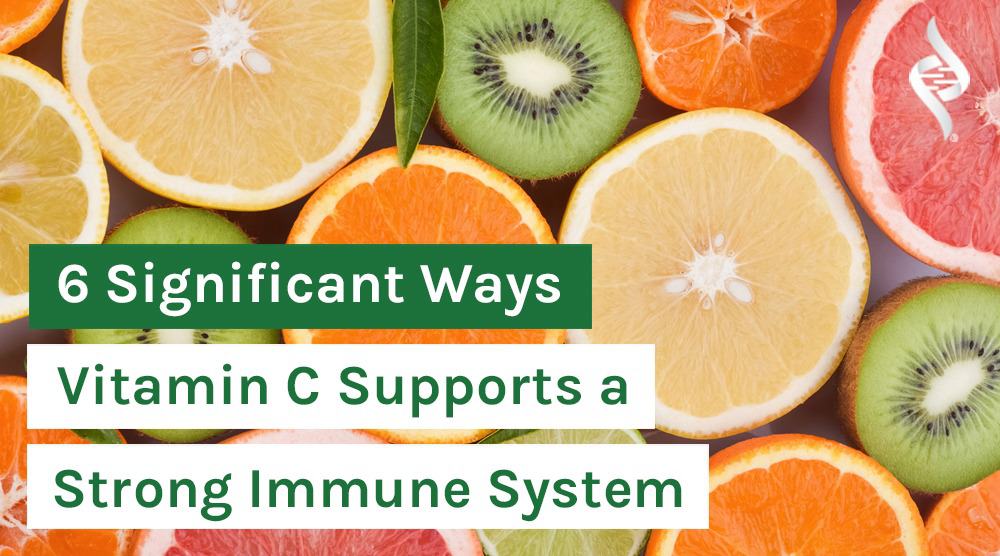Tips for Increasing Vitamin Consumption to Increase Immune System Resilience
The immune system is our body's defense mechanism against infections and diseases. The immune system is made up of different cells, tissues, and organs that work together to protect the body. It is essential to keep the immune system healthy and strong to prevent infections and diseases from invading the body. One way to achieve this is by increasing our intake of vitamins.

Why are vitamins essential for the immune system?
Vitamins are essential for the immune system because they help the body produce antibodies that fight against infections and diseases. They also assist in the production of white blood cells, which are responsible for attacking and destroying harmful substances in the body. Without vitamins, the immune system may not function correctly, leaving the body vulnerable to infections and diseases.
Here are some tips for increasing vitamin consumption:
1. Eat a variety of fruits and vegetables
Fruits and vegetables are excellent sources of vitamins and minerals. Aim to eat at least five servings of fruits and vegetables daily to get a wide range of vitamins and minerals that your body needs. Fruits rich in vitamin C, such as oranges, grapefruits, and kiwis, can help boost the immune system.
2. Consume foods rich in vitamin D
Vitamin D is essential for the immune system, as it helps the body produce antibodies that fight against infections. Foods rich in vitamin D include fatty fish, egg yolks, and fortified milk and cereals. Spending time in the sun can also help the body produce vitamin D.
3. Incorporate nuts and seeds into your diet
Nuts and seeds are excellent sources of vitamins and minerals. They are rich in vitamin E, which helps the body fight off infections. Some examples of nuts and seeds that are high in vitamin E are almonds, sunflower seeds, and peanuts.
4. Take supplements
If you have trouble meeting your daily vitamin requirements through your diet, consider taking supplements. Speak to your doctor or a registered dietitian before taking any supplements to ensure that they are safe and suitable for you.
The benefits and drawbacks of increasing vitamin consumption
Benefits:
- Boosts the immune system
- Helps the body produce antibodies that fight against infections and diseases
- Assists in the production of white blood cells
- Prevents vitamin deficiencies
- Increases energy levels
Drawbacks:
- Overconsumption of certain vitamins can be harmful
- May interfere with certain medications
- Costly if relying on supplements
Conclusion
Increasing vitamin consumption is an excellent way to boost the immune system and prevent infections and diseases. Eating a variety of fruits and vegetables, consuming foods rich in vitamin D, incorporating nuts and seeds into the diet, and taking supplements are all effective ways to increase vitamin consumption. However, it is essential to be mindful of the potential drawbacks of overconsumption and to speak to a healthcare professional before taking any supplements.
FAQs
Q: Can I get all the vitamins I need from my diet?
A: Yes, it is possible to get all the vitamins you need from your diet. However, if you have trouble meeting your daily vitamin requirements through food, consider taking supplements.
Q: Can vitamins boost my energy levels?
A: Yes, some vitamins, such as vitamin B12, can help increase energy levels.
Q: Are vitamin supplements safe?
A: Vitamin supplements can be safe when taken in the recommended doses. However, it is essential to speak to a healthcare professional before taking any supplements.
Q: Can vitamins interfere with medications?
A: Yes, some vitamins can interfere with medications. It is crucial to speak to a healthcare professional before taking any supplements if you are on medication.
